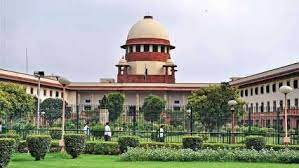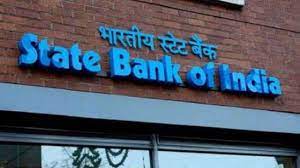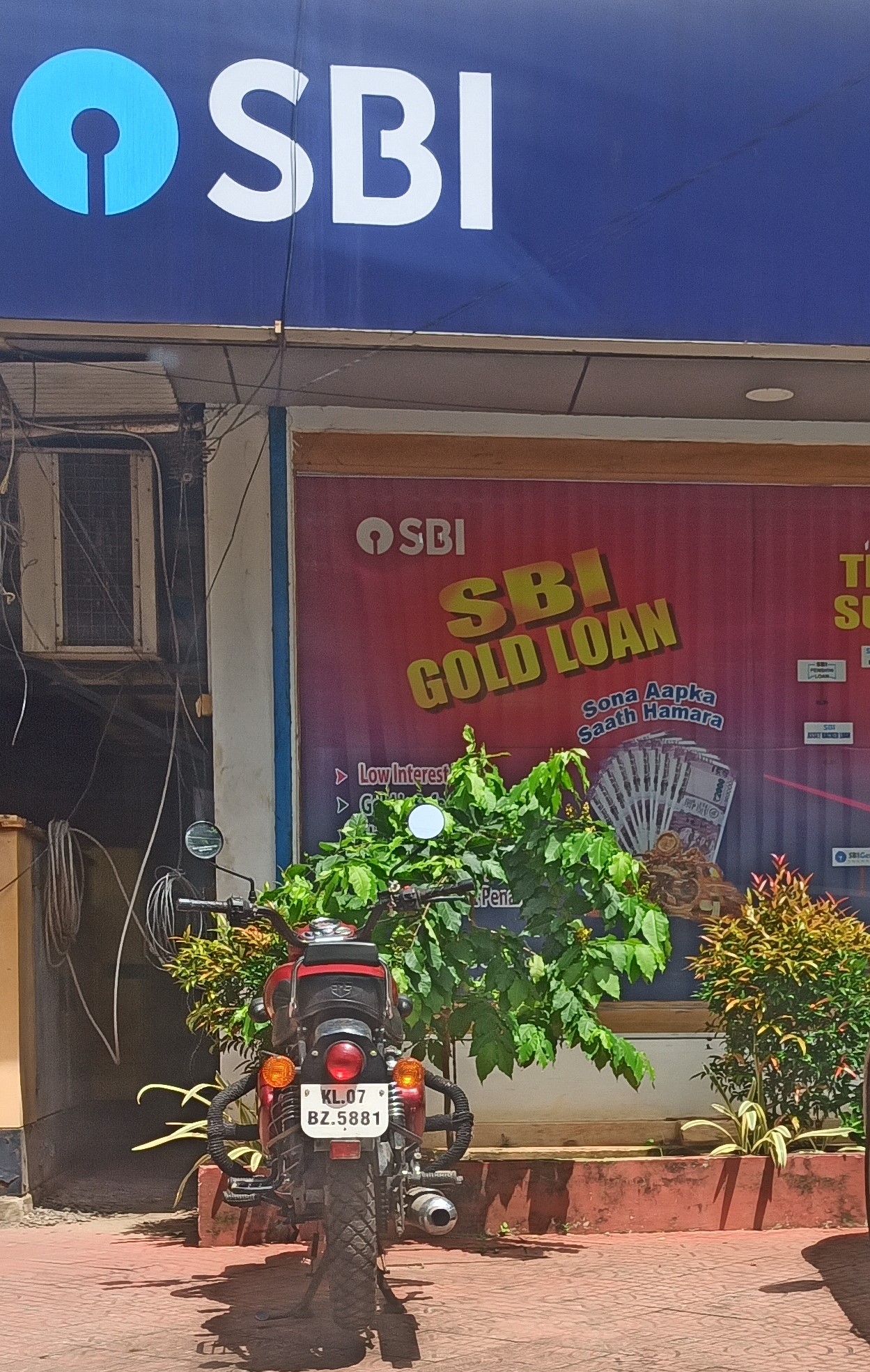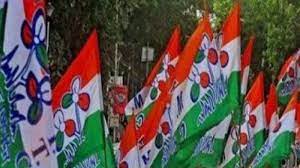Pulling up the State Bank of India, the Supreme Court today told the state-owned lender to stop being “selective” and make “complete disclosure” of all details related to the electoral bonds scheme by 21 March.
The apex court directed the SBI to include the unique bond numbers in its disclosure. This would reveal the link between the buyers of the electoral bonds and the recipient political parties.
“SBI should not be selective in disclosing the details. We want all information related to the electoral bonds to be disclosed which is in SBI possession," the court said.
A five-judge constitution bench headed by Chief Justice of India D Y Chandrachud said there is "no manner of doubt that the SBI is required to make complete disclosure of all the details" which are in its possession.
The apex court also directed the SBI Chairman to file an affidavit by 5 pm, Thursday (21 March) indicating that the bank has disclosed all details of the electoral bonds which were in its possession and custody and no details have been withheld.
The bench, also comprising Justice Sanjiv Khanna, Justice B R Gavai, Justice J B Pardiwala and Justice Manoj Misra, said the Election Commission shall forthwith upload on its website the details received from the SBI, PTI reported.
Earlier, in its verdict on 15 February, the apex court scrapped the Centre's electoral bonds scheme that allowed anonymous political funding. Calling it "unconstitutional", the court ordered disclosure by the EC of donors, the amount donated by them and the recipients by 13 March.
In its 11 March order, the SC dismissed SBI's plea seeking extension of time and ordered it to disclose the details of electoral bonds to the EC by close of business hours on 12 March.
Last Friday, the SC issued a notice to the bank to explain the reasons for the non-disclosure of unique alphanumeric numbers.







